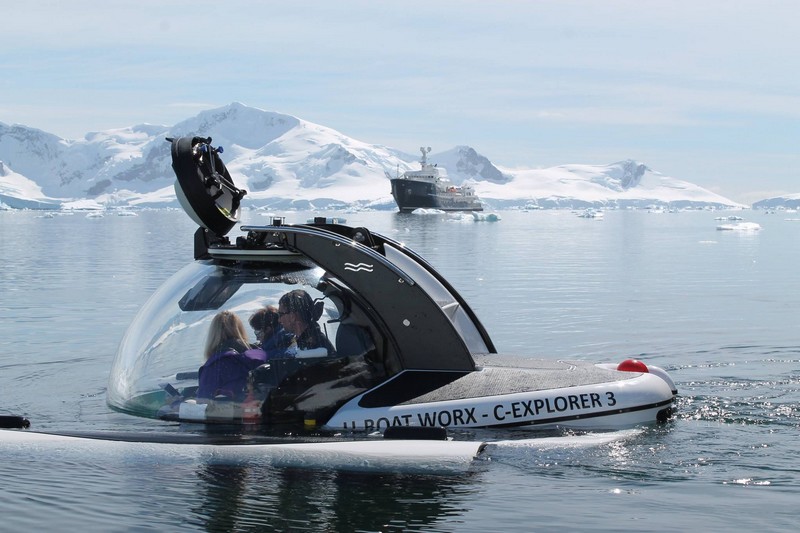According to the World Economic Forum, “fifty percent of the world’s population is under the age of 30,” making Generation Y (also known as “Millennials”) the cohort for businesses to court if they want to maintain relevancy and increase profit in 2018 and beyond.
Who are Millennials and How are They Changing the Luxury Market?
Millennials are widely known for their dependence on technology, their skepticism of big government, their concern for economic stability as a result of The Great Recession and their increasingly liberal and social-based conscience. Thus, for the luxury market in particular, marketing to millennials means rethinking past reliance on exclusivity as the driving factor for purchase behavior and instead focusing on a product (with a message) that is centered on sustainability in a quickly and critically changing world. And if millennial narcissism is also acknowledged, it’s only a further indication that the luxury market has a unique opportunity to harness millennial purchasing power and ride it to a spectacular finish in the coming years: who better to buy luxury than someone who values his own opinions more than anyone else’s and has the resources to indulge them?
Look for These Changes
Millennials are uniquely tied to their digital devices. With this in mind, luxury brands will need to reexamine how they interface with consumers. If they once solely had a brick and mortar presence, now they should entertain digital marketing campaigns that meet their consumers at the right time and in the right space. The fact is these luxury consumers aren’t just the affluent elderly anymore. They are much younger and have an online life previously unanticipated. They don’t want only to see print ads or have to visit a store to get what they want. A new business model focused on more personal shopping experiences in smaller stores with direct sales to consumers via personal shoppers, as well as online resources for purchasing, will help millennials connect to luxury goods faster and more easily.
It will also be paramount that luxury brands focus on transparency, providing products that will appeal to eco-conscious and ethically motivated consumers wanting luxury but not at the expense of responsibility. And not just physical products will be affected. Millennials are forgoing typical vacations, choosing to opt out of traditional timeshare plans via companies like Step Zero and skipping spa resorts and high-end hotels, for experience-based trips meant to provide memorable moments and adventure rather than mere indulgence. Look for five-star hotel chains and specialty travel services to begin offering packages that aren’t so much about pampering, fine food and 1,000-thread count, Egyptian cotton sheets as they are about experiential learning and seeing other parts of the world.
Final Thoughts
Millennials are changing the way companies do business. They are frugal, living at home longer and deeply concerned with the earth and their place in it. To spend money on a luxury item, Millennials need to be convinced that’s its fiscally responsible, matches their values and appeals to their own unique sense of self. Luxury isn’t about being proper or even exclusive anymore; instead it’s about being authentic.






